
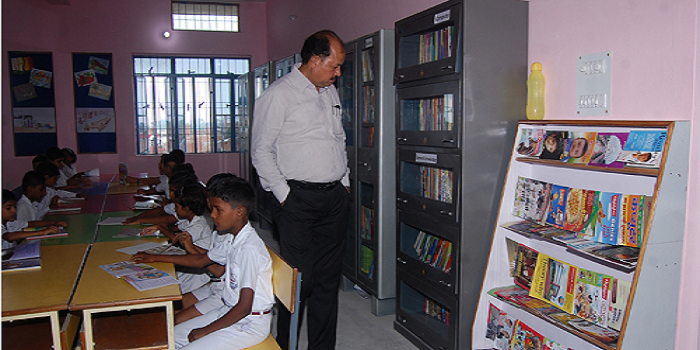
The schools provide excellent library & reading room facilities. A well-organized & laid out library service is one of the distinctive features of each of these schools. The school library is well stocked with books of various subjects including a special reference section & subscription to a wide range of popular magazines. The school library plays a great role in the life of students by serving as the store house of knowledge.The importance of a library in a school cannot be over emphasized.While the role of the school library remains constant, its design, digital platform, strategies and tools could change as technology changes. School libraries help to:
1.Impact positively on the academic achievement of the students. Students can perform better during examinations by reading various books.
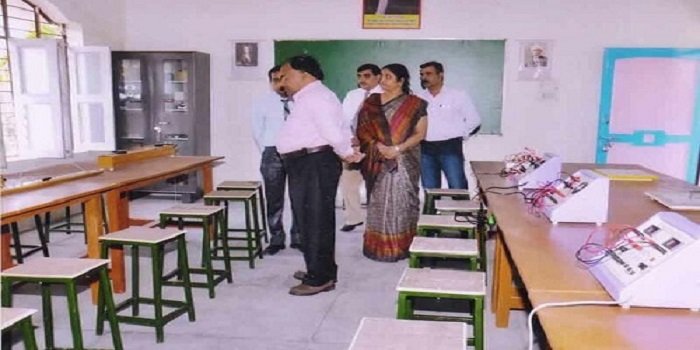
Experimental instruments related to various branches of physics are arranged separately. To create keen interest among the students.Physics laboratory is a place where experiments of Physics are carried out. As we know physics is that branch of science where experimentation is an integral part of the core subject. Physics is “the scientific study of matter and energy and the relationships between them, including the study of forces, heat, light, sound, electricity and the structure of atoms”. Students understand the difference between theory and application. Physics laboratory helps a student in improvising their approach towards the subject. Experiments carried out in Physics laboratories helps students in learning how to be patient and careful while taking observation and hitherto calculating inference. The lab is very well equipped with instruments, like- meter bridges, battery eliminators, potentiometers, Hooke’s apparatus, etc.

Our chemistry lab is well equipped with chemicals and other apparatus to cater to the needs of all the students up to class 12. It has a separate store room for keeping chemicals & other instruments. Proper ventilation system has been provided. First aid facilities & fire extinguishers are also provided for safety purposes. In the chemistry lab students are expected to indulge in a creative interplay of observation, experimentation and theoretical inferences. Students are trained to use scientific instruments, make observations, interpret and draw conclusions from observed facts. As per the guidelines of CBSE curriculum even the most basic techniques and procedures like inorganic and organic analysis, both qualitative and quantitative are dealt in such an enthusiastic and efficient manner that they not only enable students to face various changes related to health, nutrition, environment, weather etc but also acquaint them with different aspects of chemistry in daily life.

The study of biology provides students with opportunities to develop an understanding of our living world. Biology is the study of life and its evolution, of organisms and their structures, functions, processes, and interactions with each other and with their environments. Scientific inquiry is the primary process by which scientific knowledge is gained. It involves the basic skills of questioning, prediction, qualitative and quantitative observation, classification, inference, communication. Additionally, inquiry develops integrated skills such as identifying and controlling for variables, generating procedures, planning strategies for testing hypotheses and answering questions, and for collecting and interpreting appropriate data. The knowledge of biology includes scientific data, concepts, hypotheses, theories, methodology, use of instruments, and conceptual themes. In a laboratory or field learning environment, students work individually or in small groups on a question, problem or hypothesis.

The maths lab activities listed here have been done with students and teachers of different grade levels. The activities are intended to give children an experience of doing mathematics and not merely for the purpose of demonstration. Mathematics laboratory is a place to enjoy mathematics through informal exploration. It is a place where anyone can generate problems and struggle to get an answer. It is a space to explore and design new mathematical activities. So, the maths lab should not be used to assess students’ knowledge of mathematics. Often mathematics labs take students' knowledge beyond the curriculum.The mathematics laboratory is a place where anybody can experiment and explore patterns and ideas. It is a place where one can find a collection of games, puzzles, and other teaching and learning material. The materials are meant to be used both by the students on their own and with their teacher to explore the world of mathematics, to discover, to learn and to develop an interest in mathematics.

All the computers are equipped with updated software and advanced technical aids to learn programming.Computer Laboratories in the school with advanced infrastructure in terms of hardware and software to cater to the requirements of the students, teachers and the curriculum. They are exclusive and equipped with computers and accessories in tune with the latest technologies where computer education is provided to all the students. They receive computer training from the well qualified teachers. A large number of systems provide practical training of the programming to the students which enable them to clear their concepts easily and become confident in their real life applications.This lab is well equipped with the latest computer systems for the students to discuss each and every aspect of the basic computer system. It is used extensively by the students for learning the Foundation of Information Technology, MS-WORD, MS-EXCEL, MS-POWER POINT and MS-ACCESS. It is also used for learning programming in classes XI and XII.
SDS provides all kinds of facilities for the different types of games like Chess, Carrom, Badminton, Basket-Ball, Volley-Ball, Football, Cricket, Kho-Kho, HandBall, Kabaddi & Athletics.
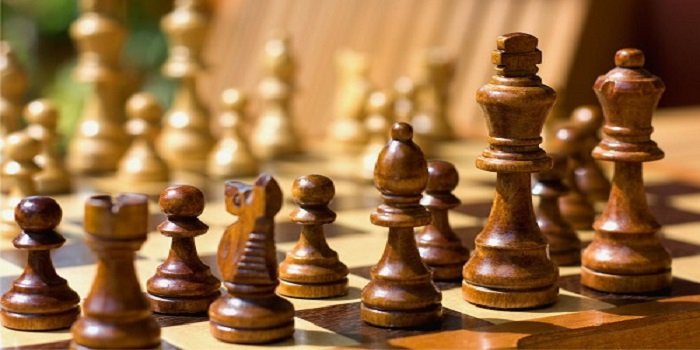
The educational benefits of chess are numerous
and varied and are confirmed time and again by
scientific research. Children who learn to play
chess in school get higher marks, participate more
actively in class, pay more attention at school and
have better creative and critical thinking skills.
Chess is very beneficial for the
development of children’s brains..
Chess is a fantastic and fun way for children
to strengthen their executive functions.
Executive functions are a significant determinant
of school success and are indispensable in
adulthood to function well in society
A child’s brain that is challenged with chess
grows:
• new blood vessels
• new neurons (nerve cells)
• more synapses (connections)
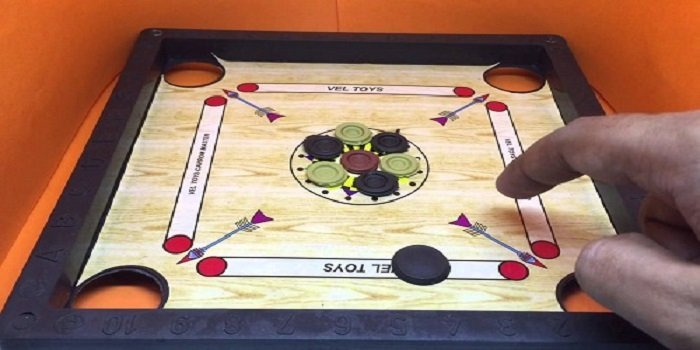
The main attraction and advantage of the Carrom is that it give the parents a great way to spend valuable time with the children. As the kids play Carrom, various educational skills would be enhanced. While playing such games a bonding is also developed within the families. They provide a great chance to the family members to relax and refresh their minds. Carrom help in increasing the logical reasoning power in children. The children would be playing and having fun at the same time, they would practice skills like counting, reading, visual perception, and eye hand coordination etc. This motivates children to involve themselves in healthy competitions, verbal communication and to focus their attention.

When a child grows up and becomes more active, parents have a desire to bring regular exercise into their life as we all know that physical activity creates optimal conditions for the growth and development of their young body.Badminton is one of the most useful, safe, popular and effective sports for kids. Improves the child's personality:Badminton is a game that will teach a child to reach big and small goals. At first, he learns to hit a shuttlecock and this can be considered a small goal, then toss it over the net and seeks to prevent the opponent from fighting back. Badminton for children may lead to some problems in knee joints because they are under tremendous pressure.
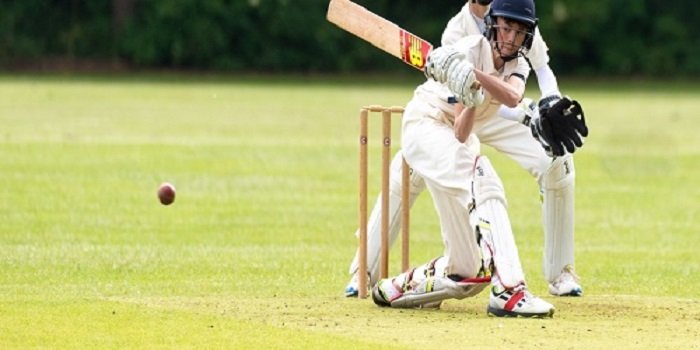
Children learn how to co-operate with others by playing team sports. They learn to support their peers and this positive behaviour is often brought back into the classroom. Cricket has an amazing ability to cross cultural, social and gender divides. Boys and girls can play equally alongside one another. Cricket reaches all of our ethnic communities like no other sport. Cricket provides for those with disabilities, offering specially adapted games for those with physical and mental conditions. We provide competitive opportunities for children so they can aim high, work hard towards a goal and learn how to win magnanimously and to be dignified in defeat. They also build resilience to deal with, and bounce back from, setbacks.